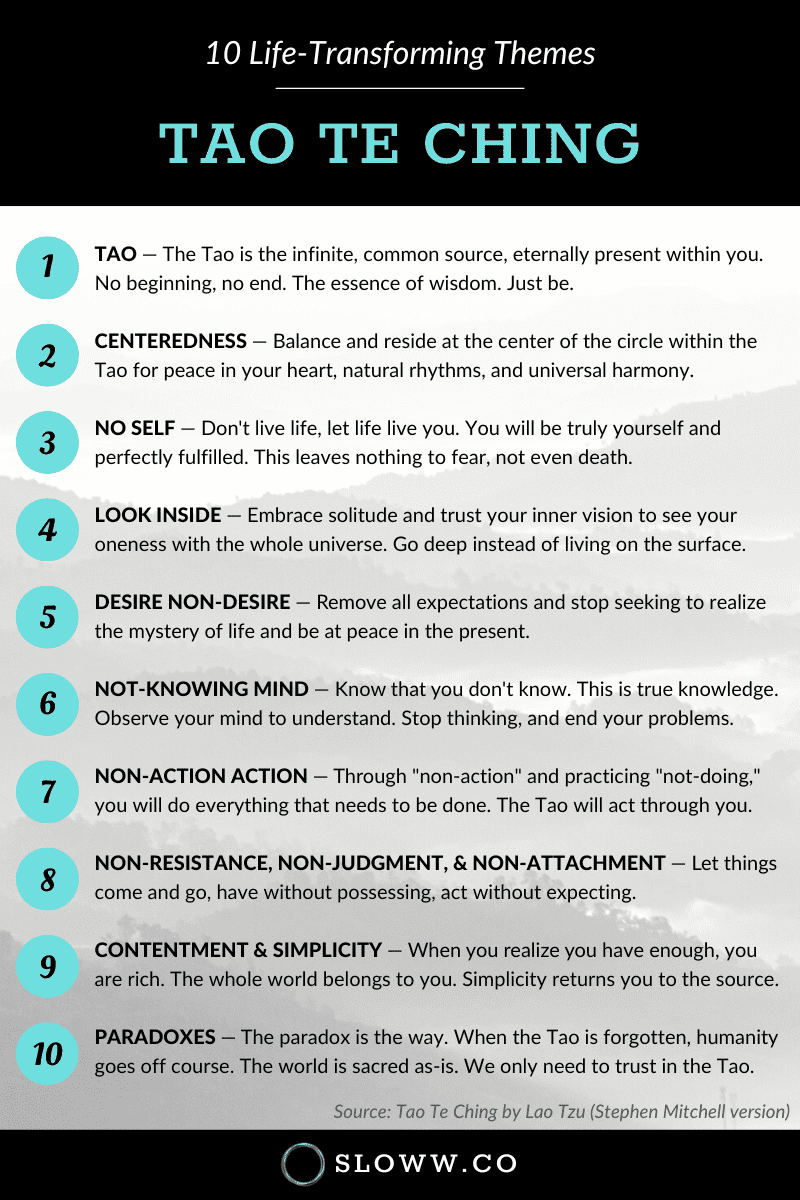Sign up to get the Sloww Sunday newsletter via email for free:👇

Sloww Sunday Newsletter 118 (Sep 25, 2022) — Downshifting, Metaneeds, Tao, & More
Happy Sunday!
Here’s the latest from Sloww along with the most interesting things I discovered last week. Here’s the latest from Sloww along with the most interesting things I discovered last week. If you enjoy this issue, please forward the email version it to some friends and family. 🙏
🌎 Lighter Living
What is Downshifting?
5 mins | Sloww
Don’t feel like you have to shift to slow and simple living overnight. Get started by downshifting into it.
“Downshifting emphasizes finding an improved balance between leisure and work, while also focusing life goals on personal fulfillment, as well as building personal relationships instead of the all-consuming pursuit of economic success. Downshifters are people who adopt long-term voluntary simplicity in their lives. A few of the main practices of downshifters include accepting less money for fewer hours worked, while placing an emphasis on consuming less in order to reduce their ecological footprint. The primary motivations for downshifting are gaining leisure time, escaping from the work-and-spend cycle, and removing the clutter of unnecessary possessions. The personal goals of downshifting are simple: To reach a holistic self-understanding and satisfying meaning in life.” — Wikipedia
🧭 Higher Purpose
Maslow on Metaneeds
Various Lengths | Sloww
This week I resurfaced some notes I saved a couple years ago from Abraham Maslow. I’ve always felt like Maslow had a special way with words…
On a lack of “psychological medicine” and “vitamins”:
“It seems to me that there is a fair amount of evidence that the things that people need as basic human beings are few in number. It is not very complicated. They need a feeling of protection and safety, to be taken care of when they are young so that they feel safe. Second, they need a feeling of belongingness, some kind of a family, clan, or group, or something that they feel that they are in and belong to by right. Third, they have to have a feeling that people have affection for them, that they are worth being loved. And fourth, they must experience respect and esteem. And that’s about it. You can talk about psychological health, about being mature and strong, adult and creative, mostly as a consequence of this psychological medicine—like vitamins. Now, if this is true, then most of the American population suffers from lack of these vitamins.”
On metaneeds and meta-counselors:
“Being Values (or B-VaIues) behave like needs. I have called them metaneeds. Their deprivation breeds certain kinds of pathologies which have not yet been adequately described but which I call metapathologies—the sicknesses of the soul … Just as we need counselors to help people with the simpler problems of unmet needs, so we may need meta-counselors to help with the soul-sicknesses that grow from the unfulfilled metaneeds.”
On potentiality and actualization:
“Especially with adults we are not in a position in which we have nothing to work with. We already have a start; we already have capacities, talents, direction, missions, callings. The job is, if we are to take this model seriously, to help them to be more perfectly what they already are, to be more full, more actualizing, more realizing in fact what they are in potentiality … Accept the person and help him learn what kind of person he is already. What is his style, what are his aptitudes, what is he good for, not good for, what can we build upon, what are his good raw materials, his good potentialities?”
On “Taoistic listening”:
“One finds what is right for oneself by listening in order to let oneself be molded, guided, directed … True freedom consists of accepting and loving the inevitable, the nature of reality.”
Pair with:
- Beyond the Hierarchy of Needs: “The Farther Reaches of Human Nature” by Abraham Maslow (Book Summary)
- What is Self-Actualization? + 🔒Premium Synthesis
- What is Transcendence?, 24 Characteristics, + 🔒Premium Synthesis
- Maslow’s Holarchy of Needs: Should the Hierarchy of Needs Pyramid be Redesigned?
🧠 Mental Wealth
Folie à deux
Folie à deux—”folly of two” or “madness (shared) by two”—is a psychiatric syndrome in which symptoms of a delusional belief are transmitted from one individual to another. But, it can be shared by more than two: folie à trois (“three”), quatre (“four”), folie en famille (“family madness”), or even millions according to Erich Fromm below…
PS: This concept is included in Mini Mind: 365 daily emails of bite-size brain food.
“It is naively assumed that the fact that the majority of people share certain ideas or feelings proves the validity of these ideas and feelings. Nothing is further from the truth. Consensual validation as such has no bearing on reason or mental health. Just as there is a folie à deux there is a folie à millions. The fact that millions of people share the same vices does not make these vices virtues, the fact that they share so many errors does not make the errors to be truths, and the fact that millions of people share the same mental pathology does not make these people sane.” ― Erich Fromm (The Sane Society)
☯️ Timeless Wisdom
Getting started with Tao Te Ching
15 mins | Sloww
This book summary includes 10 top themes and my 25 favorite passages/quotes. It’s a great one to start with because it’s the “New English Version” by Stephen Mitchell. You can also read a variety of translations online for free here and here.
“It’s wonderful to discover that there is such a thing as a manual on the art of living, a book as profound as this, and as down-to-earth, that can point you in the right direction. But it’s one thing to read about being in harmony with the Tao, or even to understand what that means, and quite another to actually live it.” — Stephen Mitchell

🤯 Mind Expanding
“Knots” by R.D. Laing
Book Recommendation
Thank you to Susanne Cook-Greuter for bringing the book “Knots” by R.D. Laing (Amazon) back to my attention. If you’ve moved beyond the watershed stage in Ego Development Theory (from conventional to post-conventional stages), you may enjoy this short book.
🔒 Here’s my own EDT self-assessment and how EDT’s stages map to Sloww’s stages.
“All being in each being
Each being in all being
All in each
Each in all
All distinctions are mind, by mind, in mind, of mind
No distinctions no mind to distinguish”
— R.D. Laing
Sharing: If you enjoyed this issue, please help grow Sloww by forwarding the email version of this issue to some friends and family. It’s free for them to subscribe here.
Support: Sloww is a one-human labor of love (it’s just me over here 👋). Your support keeps the site ad-free and invests in me while you invest in yourself—a true win-win! There are a few free and financial ways to support.
Feedback: Have something you want to say, or just want to say hi? It’s always greatly appreciated. Just send me an email or reach out socially.
Have an alive week!
Kyle Kowalski
Founder, Sloww





Leave a Reply